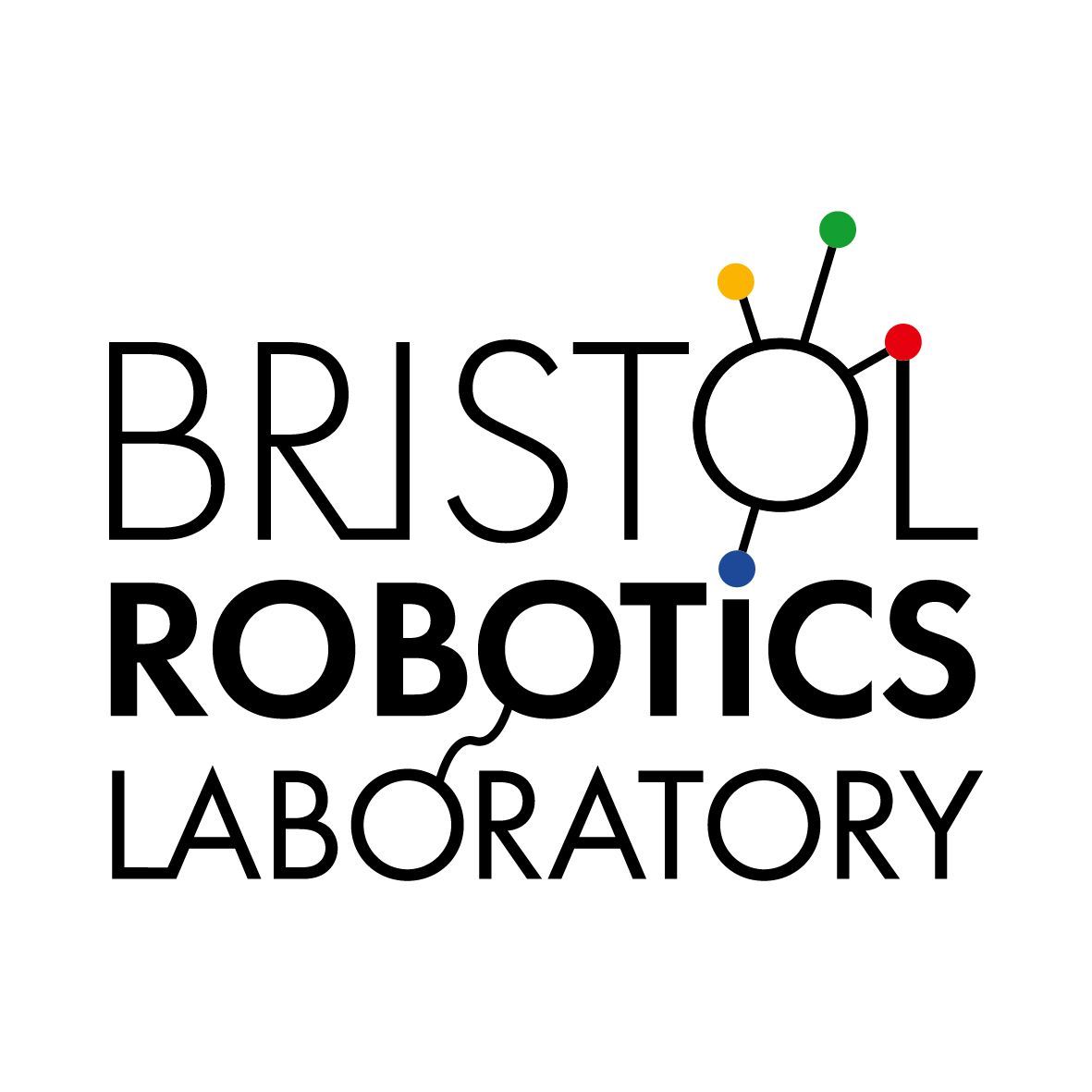Core Staff

Professor Lars Kunze
Co-Director, BRL
I am a Professor in Safety for Robotics and Autonomous Systems as well as a Co-Director at Bristol Robotics Laboratory (BRL) at UWE Bristol. Prior to this, I was a Departmental Lecturer in Robotics in the Oxford Robotics Institute (ORI) and the Department of Engineering Science at the University of Oxford (where I am now a Visiting Fellow). In the ORI, I lead the Cognitive Robotics Group (CRG).
I am also the Technical Lead at the Responsible Technology Institute (RTI), an international centre of excellence focused on responsible technology at Oxford University; a Programme Fellow of the Assuring Autonomy International Programme (AAIP), and a Stipendiary Lecturer in Computer Science at Christ Church, University of Oxford.
I am also an Editor of both the Journal of Responsible Technology and the German Journal of Artificial Intelligence.
My areas of expertise lie in the fields of robotics and artificial intelligence (AI). My goal is to enable robots to understand their surroundings, to act autonomously, and to explain their own behaviour in meaningful human terms. To this end, my research concerns the design and development of fundamental AI techniques for autonomous robot systems. In my work, I focus on the combination of knowledge representation, reasoning, machine learning, and robot perception; motivated by applications in complex, real-world environments.
Publications : Lars Kunze
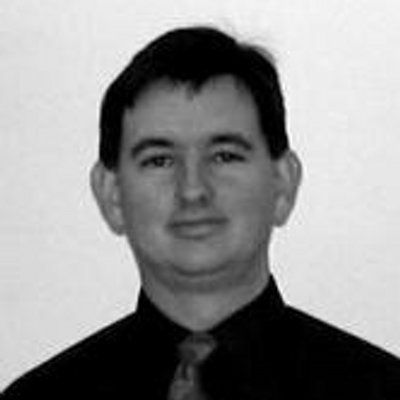
Professor Arthur Richards
Co-Director, BRL
Professor Richards obtained a MEng from the University of Cambridge in 2000. He then went to the Department of Aeronautics and Astronautics at the Massachusetts Institute of Technology, where he obtained a MSc in 2002 for research on trajectory optimization using Mixed-Integer Linear Programming (MILP).
Arthur stayed at MIT and completed his PhD in 2004 with research on robust Model Predictive Control (MPC). He came to Bristol later in 2004 and was appointed a lecturer in control and dynamics.

Professor Matthew Studley
Professor of Ethics and Technology
Matthew Studley is a Professor of Ethics and Technology at UWE Bristol. His work spans robotics, generative AI, autonomous weapons, standards and sustainability, with a keen focus on embedding ethics into every stage of technological development. He also serves on boards like the Engineering Professors’ Council and euRobotics, where he advances ethical frameworks and international robotics competitions. His career reflects a deep commitment to bridging technology and ethics to promote human flourishing.

Dr Marcela MuneraAssistive Robotics
I am an Associate Professor in Assistive Robotics at Bristol Robotics Lab, University of West England (UK) and Visiting professor at EPF - Ecole d'Ingenieurs (Cachan, France). I was an assistant professor in Biomedical Engineering at the Escuela Colombiana de Ingeniería Julio Garavito (Bogotá, Colombia). My research focuses on the design, development and objective assessment of robotic devices and systems in different rehabilitation scenarios and human response and interaction assessment. My research interests aim to understand human factors in experimental robotics-based interventions.
I was born in Colombia and graduated as a Bioengineer from Universidad de Antioquia. In 2011, I received a Master's in Mechanics and Materials from Ecole Nationale de Metz, France. In 2014, I received my PhD in Mechanics and Biomechanics from Université de Reims Champagne Ardenne thanks to a FEDER, Region Champagne Ardenne – Doctoral Grant. During my PhD and as a Lecturer at Université de Reims Champagne Ardenne (France), I worked on industrial research projects in biomechanical assessment related to sports performance and injury prevention. In sports, my research was mainly experimental and focused on vibratory and dynamic response, human effects of shock and vibration and wearable sensors.
During the last six years, I have applied this knowledge to developing and assessing robotic devices for rehabilitation and assistance. I have expanded the work to a human-centred approach using strategies like participatory design, repeated feedback to stakeholders and perception assessment post-experimental tests.
Email: marcela.munera@uwe.ac.uk
Research experience: Biomechanics, Human-Robot Interaction, Rehabilitation - Assistance Robotics, Experimental Test, Participatory Design, Wearable Robots, Social Robots, Soft-Robotics, Compliant Actuation, Orthotics, Prosthetics, Walkers, Biomechanical Measurement and Analysis, Wearable Sensors, Clinical Aspects, Stroke Rehabilitation, Cardiac Rehabilitation, ASD Treatment, Statistics, Mechatronics Modelling.

Mark Corderoy
BRL Technology Incubator Manager
I am an entrepreneur, business manager and technologist. I have founded a number of companies where I led development and growth, built relationships with customers and evangelised the products and services we sold.
I have grown companies funded by cash-flow, VC investments and bank and grant finance. I am excited by ideas that make a difference!
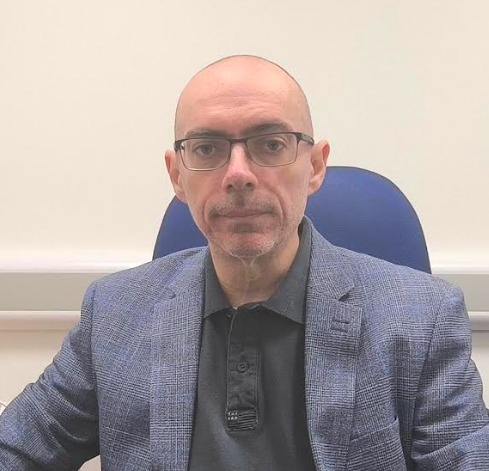
Professor Giacinto Barresi
Human-Robot Systems
As a Professor of Robotics at UWE Bristol, I leverage my expertise in cognitive ergonomics and neuroergonomics to make human-robot systems thrive. By exploring individual physio-motor processes, I aim to enhance human-robot interactions, improving users' abilities and well-being as well as overall system performance, especially in applications for teleoperation and telepresence. Furthermore, I am a member (co-representative for the internationalisation) of the Executive Committee of UK-RAS, the network for robotics and autonomous systems in the UK (supported by the EPSRC), the co-chair of the Technical Committee on Human Factors in Robotics at the International Ergonomics Association (IEA), the Application Chair for Telehealth and Telemedicine of the IEEE Telepresence Initiative, and the Industry Liaison for HMI and UX at the IEEE Consumer Technology Society (CTSoc).
Before joining BRL in July 2024, I developed my background in human factors through roles like: human-centric design specialist; MSc student in Psychology and Neuroscience at the University of Padua, Italy; PhD student in Robotics at the University of Genoa, Italy; doctoral fellow, postdoc, and researcher at Istituto Italiano di Tecnologia - Advanced Robotics Department and Rehab Technologies Lab - in Genoa, Italy. My activities also included collaborations with partners like AISM-FISM and Centro Protesi INAIL, as well as participation in European projects such as µRALP. Previously, I also have been a Visiting Fellow at the Knowledge Media Institute of the Open University in Milton Keynes, United Kingdom, a Scholar-in-Residence at the Indian Institute of Technology Gandhinagar, India, and a Guest Lecturer at the Kyushu University in Fukuoka, Japan.
My goal is to improve the abilities, experiences, well-being, and health of people through smart mechatronic devices in real-world human-robot systems. Leveraging human factors knowledge, my activities currently focus on human-robot co-adaptation and collaboration - especially considering telerobotics and brain-robot interfaces alongside cognitive phenomena like the embodiment. My approach also adopts methodologies of human-centric design and assessment (encompassing, for instance, value-sensitive design and inclusive design) within R&D and technology transfer processes. I often explore the potential of virtual and augmented environments, along with physiological computing features, to enhance human-robot interactions (e.g., biofeedback exergames for training users of surgical robots and bionic prostheses).
Publications: https://scholar.google.com/citations?user=nBVCjIcAAAAJ&hl
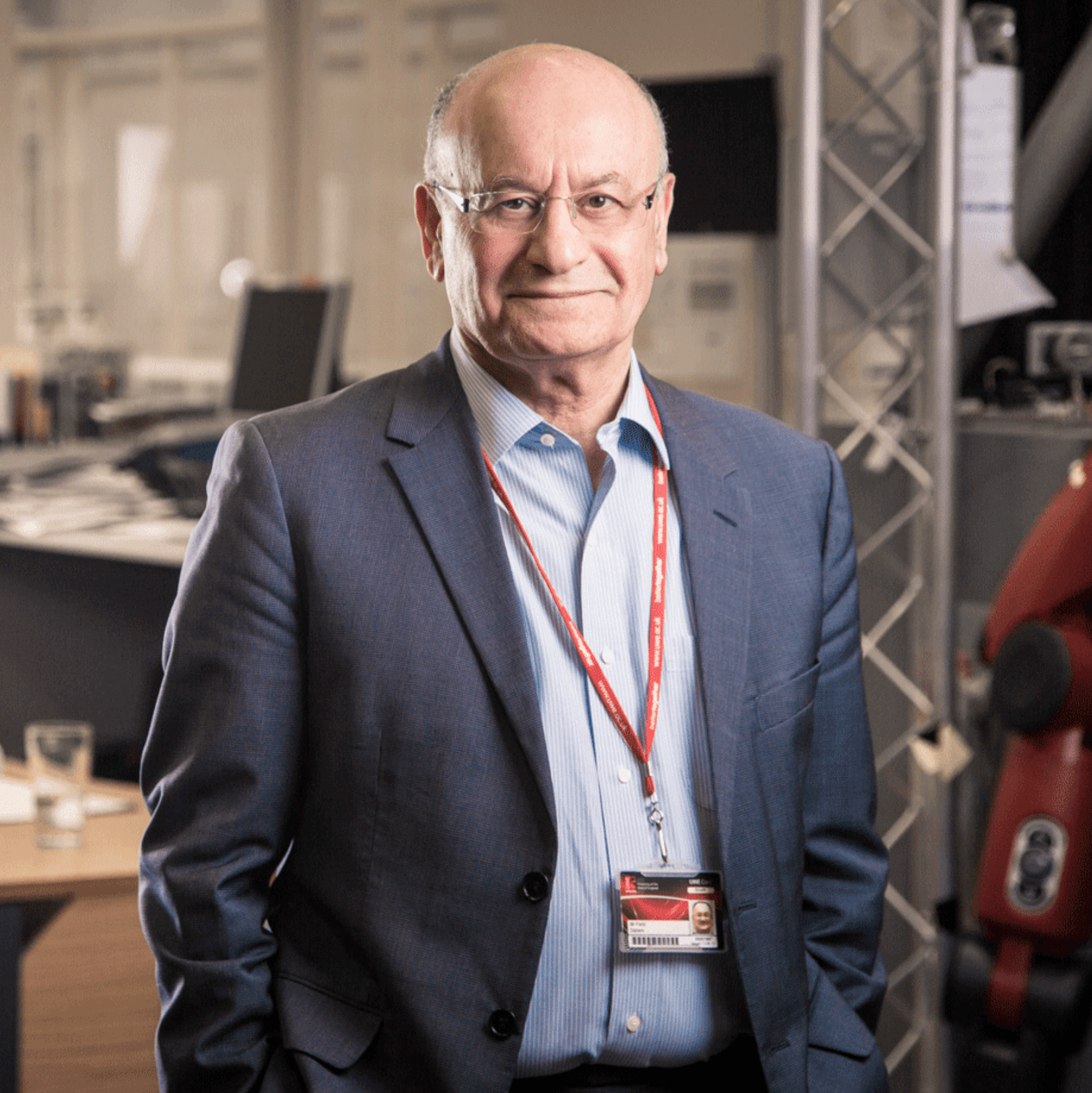
Farid Dailami is Associate Professor for Knowledge Exchange in Manufacturing with 25 years experience in Robotics, Automation, Manufacturing and Mechatronics.
In EU-funded projects ‘Integrated Flexible Assembly Cell Technology’ (InFACT) and ‘Automated Large Scale Assembly’ (ALASCA), he led development of automated assembly of products including washing machines and automotive subassemblies.
Farid is currently the RIF Bristol co-ordinator responsible for delivering industry support programmes including SABRE & TerriNet.
Publications:
Research Lead:
Manager:
SABRE
TERRiNET

Professor Kerstin EderVerification & Validation
Kerstin is a Professor of Computer Science at the Department of Computer Science of the University of Bristol and set up the Energy Aware COmputing (EACO) initiative.
Her research is focused on specification, verification and analysis techniques which allow engineers to design a system and to verify/explore its behaviour in terms of functional correctness, performance and energy efficiency. Kerstin has gained extensive expertise in verifying complex microelectronic designs at leading semiconductor design and EDA companies. Her research seeks novel combinations of formal methods with state-of-the-art simulation/test-based approaches to achieve solutions that make a difference in practice.
Publications:
Research Lead:
Research Contributor:
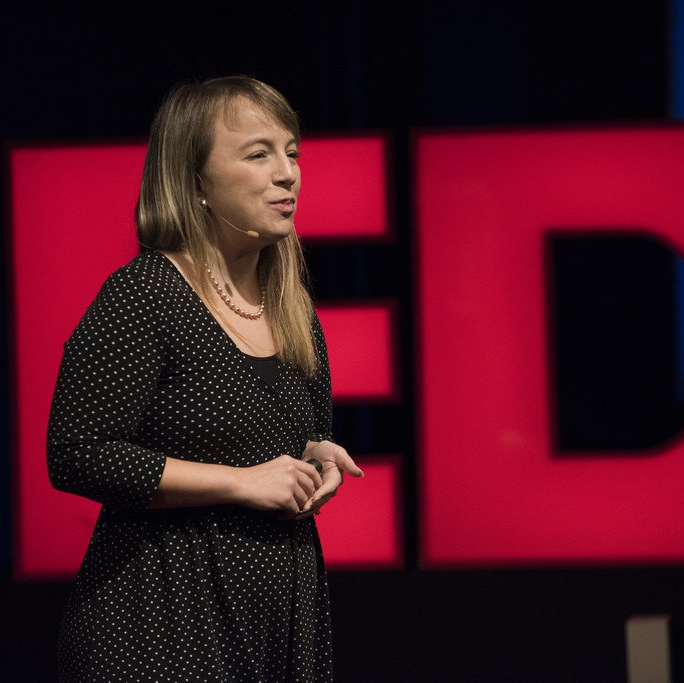
Dr. Sabine HauertSwarm Robotics
Sabine Hauert is Assistant Professor in Robotics at the University of Bristol in the UK. Her research focusses in designing swarms that work in large numbers (>1000), and at small scales (<1 cm). Profoundly cross-disciplinary, Sabine works between Engineering Mathematics, the Bristol Robotics Laboratory, and Life Sciences. Before joining the University of Bristol, Sabine engineered swarms of nanoparticles for cancer treatment at MIT, and deployed swarms of flying robots at EPFL.
Sabine is also President and Co-founder of Robohub.org, a non-profit dedicated to connecting the robotics community to the world.
Dr. Helmut HauserMorphological Computation
Helmut Hauser is an Associate Professor in Robotics at the University of Bristol and he is the Director the of EPSRC Centre for Doctoral Training in Future Autonomous and Robotic Systems: FARSCOPE. His work is highly interdisciplinary. In various collaborations with Biologists and Chemists he tries to extract the underlying design principles of biological systems and understand how they use morphological features to be more energy-efficient, robust and adaptive. He research wants to leverage intelligent morphologies to get more intelligent robots.

Ian HorsfieldTechnical Manager
Technical Manager

David Lennard
Business Manager
David is responsible for BRL’s strategic and operational marketing, and customer relationship activity. In particular, interacting with the rapidly emerging robotics sector and related support agencies and stakeholders to develop sustainable relationships, and nurture opportunities that generate income and impact.
David also leads BRL’s operational and administrative functions, ensuring the lab runs smoothly and efficiently. In addition, he oversees BRL’s Hardware Incubator and leads the West of England Robotics Network, which provides a focal point for the regional robotics cluster.
David has a deep understanding of strategic market planning and business intelligence, and intervention mechanisms that support job creation and regional economic growth.

Prof. Nathan Lepora
Dexterous Robotics
Nathan Lepora is a Professor of Robotics & AI who leads the Dexterous Robotics group at Bristol Robotics Laboratory.
His research interests are in natural, artificial and embodied intelligence in robotics and neuroscience. This includes how real and artificial agents can perceive, learn, interact, understand and manipulate our surroundings.

Professor Chris MelhuishAVC - Advanced Technologies & Professor of Robotics & Autonomous Systems
Chris Melhuish, BSc, MSc, PhD, CEng, FIET, FBCS is the founding member and former Director of Bristol Robotics Laboratory (BRL).
Chris holds professorial chairs at both UWE Bristol and the University of Bristol and is a Visiting Professor at Sheffield University. His research interests include safe human-robot interaction, energetically autonomous robots, haptics and swarm systems. Chris has published over 250 peer reviewed papers and has acted as an advisor to the UK Government and been a member of the European Commission’s Future Emerging Technologies and ISTAAG committees and working groups.
Publications:
Centres:
Research Contributor:
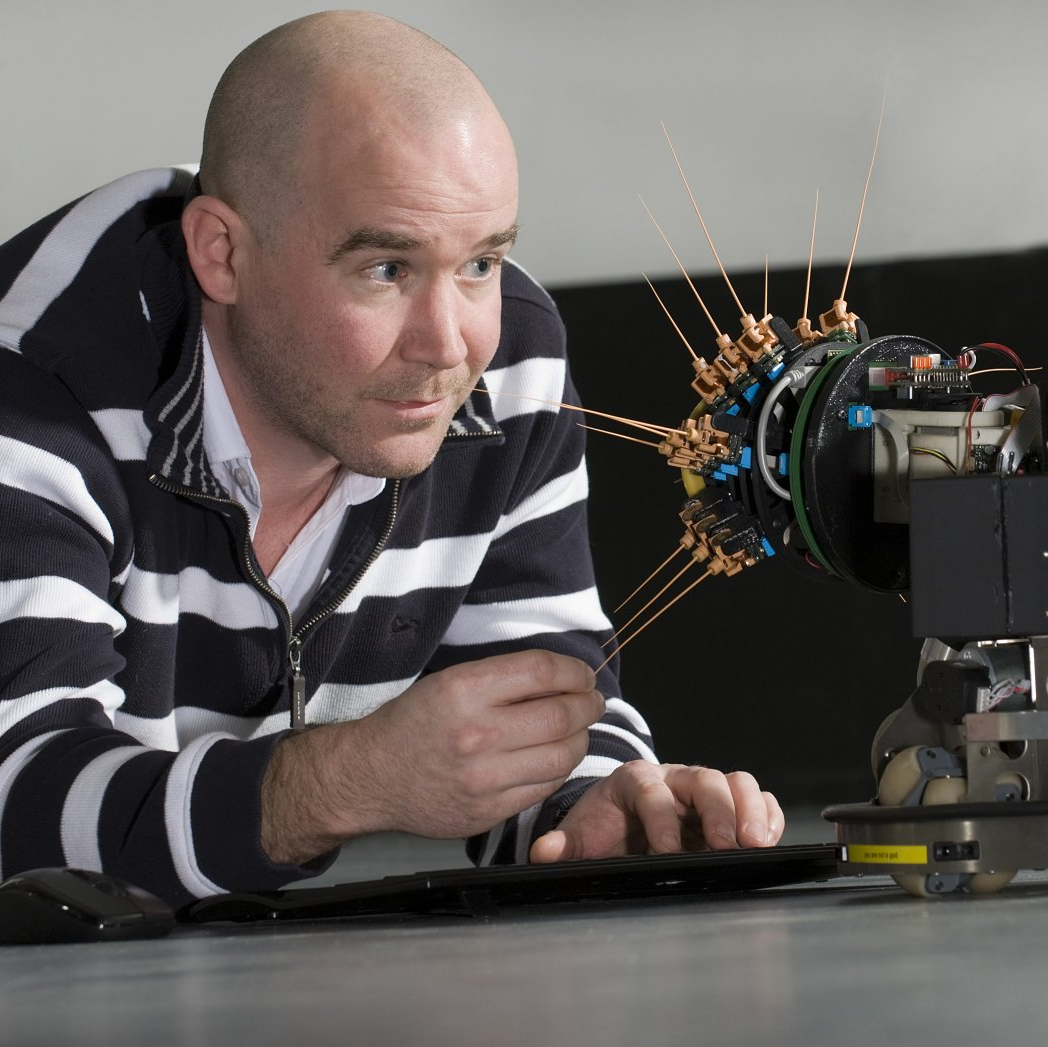
Dr. Martin PearsonBiomimetic and Neuro-robotics
Dr. Martin Pearson develops robotic models of neuro-biological systems to gain insight into the functionality of their underlying mechanisms and to inspire solutions to hard engineering problems. He undertakes this work as part of the Bristol Robotics Laboratory which is a research partnership between the University of the West of England and the University of Bristol.
Martin's current project is to apply a cerebellar inspired adaptive control approach to the control and self-calibration of an active, visual-tactile array of sensors actuated using Electro-Active Polymer based artificial muscles. He is also interested in the biology and engineering applications of whisker based tactile sensing, legged locomotion and cognitive developmental robotics.
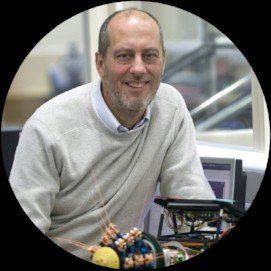
Professor Tony PipeProfessor of Robotics and Autonomous Systems
Tony Pipe obtained his PhD qualification in 1997, became a Reader in 2006, and has been a full Professor of Robotics and Autonomous Systems since 2010, and is the former Deputy Director of BRL.
He has 20 years of experience in carrying out research in advanced sensor-systems, medical robotics, biologically-inspired robotics, machine learning and adaptive behaviour, applied to intelligent and distributed control / monitoring systems for robotics. Tony is currently running research projects in these areas with a total value of over £8M. He is the co-director of BRL’s EPSRC-funded Centre for Doctoral Training in Robotics and Autonomous Systems, and technical lead for two government funded driverless car projects.
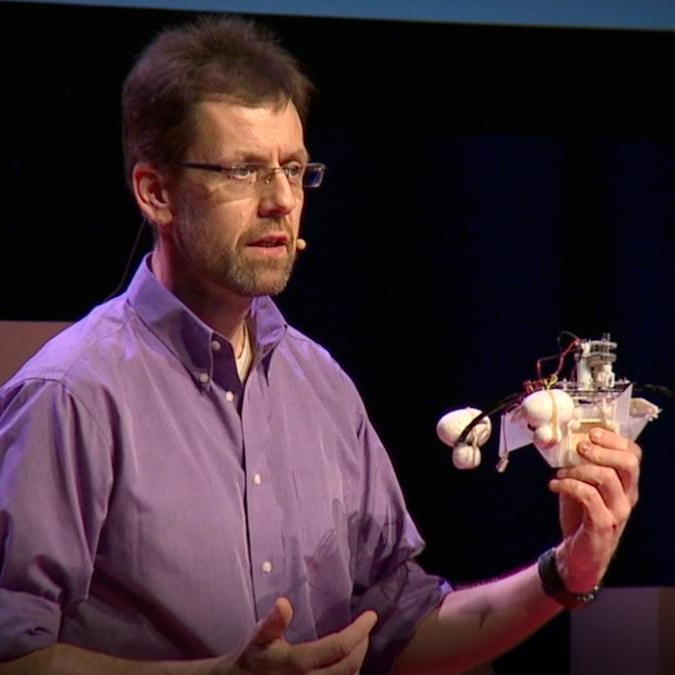
Professor Jonathan RossiterSoft Robotics
Jonathan Rossiter is Professor of Robotics and head of the Soft Robotics group at Bristol Robotics Laboratory.
Soft robotics is the research and development of novel compliant technologies for robotic systems, medical applications and engineering. These include core technologies such as smart materials and artificial muscles, smart mechanisms and structures, autonomous soft robots, smart skins and tactile interaction devices.

Professor Lyndon SmithMachine Vision
Professor in Computer Simulation and Machine Vision, in the Centre for Machine Vision, Bristol Robotics Laboratory.
Lyndon has twenty years of experience of research (on both sides of the Atlantic), in the field of Computer Simulation and Machine Vision, with particular emphasis on 3D analysis of complex surface textures and object morphologies.

Professor Melvyn SmithMachine Vision
Melvyn L. Smith is Professor of Machine Vision and Director of the Centre for Machine Vision (CMV) at UWE. He received his B.Eng. (Hons) degree in Mechanical Engineering from the University of Bath in 1987, M.Sc. in Robotics and Advanced Manufacturing Systems from the Cranfield Institute of Technology in 1988 and Ph.D. from the UWE in 1997.
Melvyn acts as associate editor for four leading international journals, including Computers in Industry, for which he is currently guest editing a special issue on 3D imaging.

Dr. Antonia TzemanakiDexterous Manipulation and Wearable Robotics
Antonia Tzemanaki is Assistant Professor in Robotics at the University of Bristol. Her research focusses on robot hands, hand exoskeletons, kinematics, wearable technologies, haptics and bio-inspired robotics. Her work is interdisciplinary with applications in surgery, preventative medicine, rehabilitation, physiotherapy, sign language recognition/learning and dexterous tele-operation in harsh environments (e.g. space and nuclear robotics).
Antonia is the organiser of the Bristol Women in Robotics group (twitter: @WirBristol), a support network for women that are working or are interested in robotics.
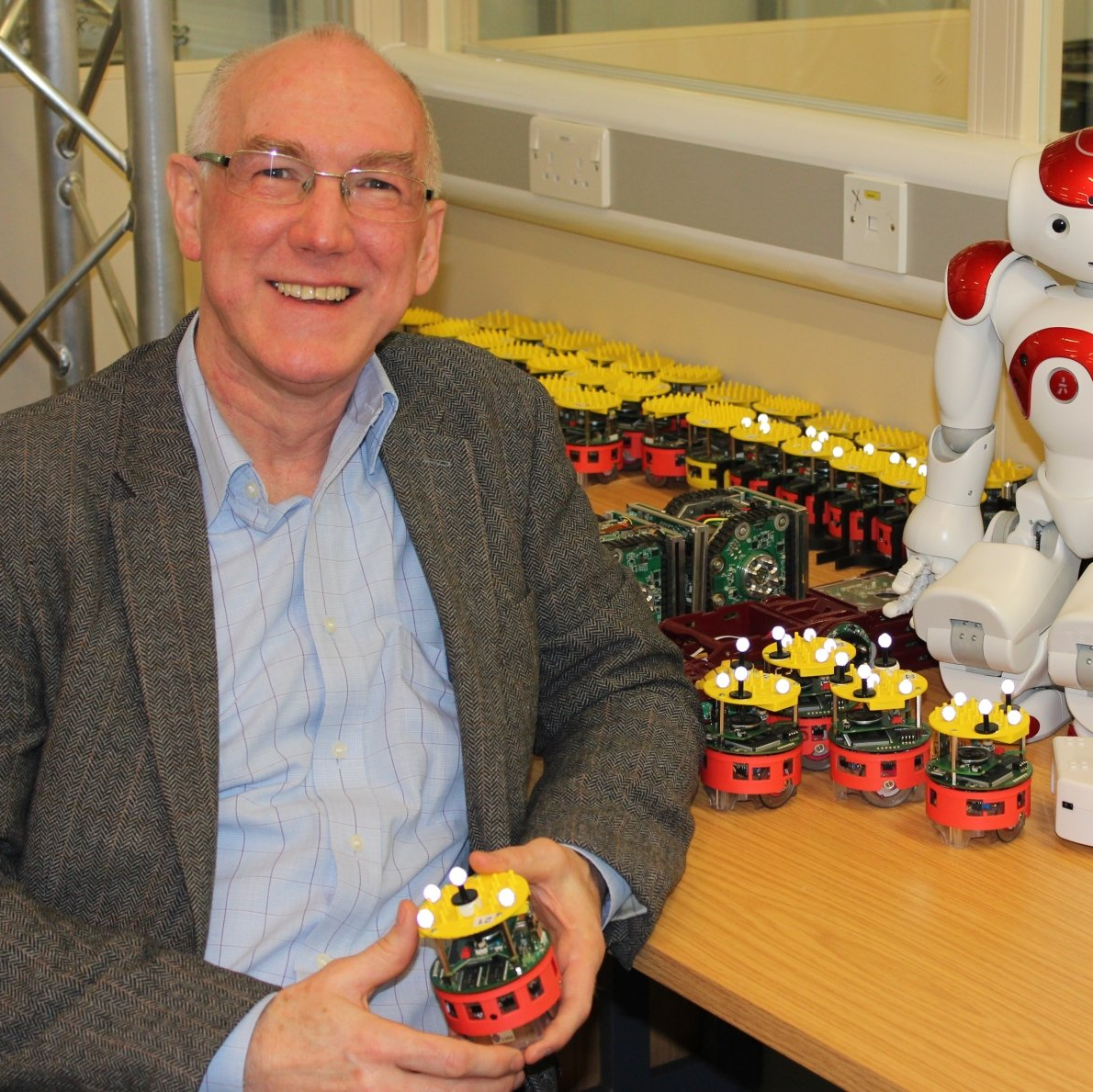
Professor Alan WinfieldRobot Ethics
Alan Winfield is Professor of Robot Ethics at the University of the West of England (UWE), Bristol, visiting professor with the University of York, and Associate Fellow of the Leverhulme Centre for the Future of Intelligence, Cambridge. In 1984 he co-founded and led APD Communications Ltd until taking up appointment at UWE in 1992. Alan co-founded the Bristol Robotics Lab, where his research is centred on robot cognition.
Alan sits on the executive of the IEEE Standards Association Global Initiative on Ethics of Autonomous and Intelligent Systems, and chairs Working Group P7001, drafting a new IEEE standard on Transparency of Autonomous Systems.

Alison Nolan
Operational Support Manager
Alison is responsible for the daily operational running of the laboratory and leads a team of three to ensure the BRL activities are supported. Alison has a background in health and safety which she used whilst working on the CAVFORTH project 2019-2021 and coordinated the West of England Robotics Network.
CATE

Carlos Cifuentes
Human-Robot Interaction
Carlos Cifuentes is Associate Professor in Human-Robot Interaction. He has led several projects on participatory design, development, testing and deployment of wearable, mobile and social robots for rehabilitation, assistance and empowerment.
His multidisciplinary research with healthcare experts has studied robotic tools' short- and long-term effects in the rehabilitation of cardiac diseases, post-stroke, spinal cord injury, cerebral palsy, Parkinson's disease, ageing, prevention of musculoskeletal disorders and treatment of ASD.
Publications available here
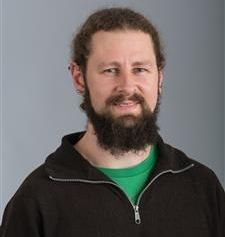
Paul Bremner
Human-Robot Interaction
Paul Bremner is an Associate Professor in Human-Robot Interaction. He obtained his PhD from UWE on 'Conversational gestures in human-robot interaction' in 2010.
His research interests include multimodal communication, virtual reality robot teleoperation for nuclear decommissioning, and social human robot interaction.
